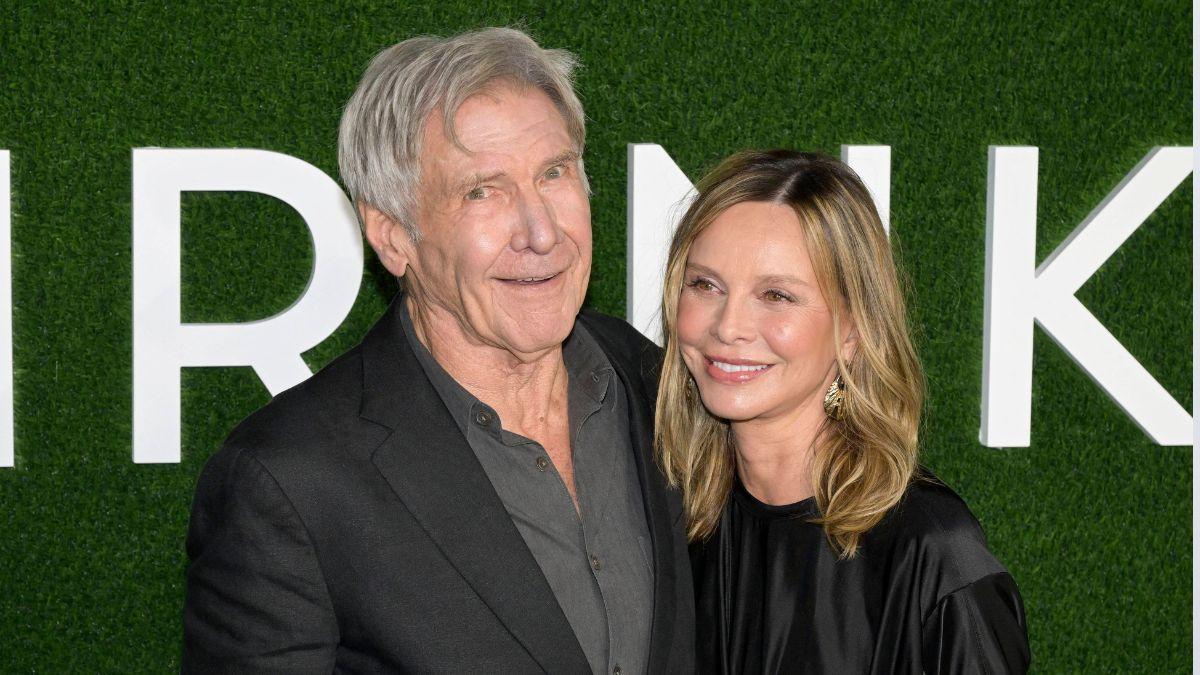Vladimir Putin Nearly Doubles Russian Defense Budget After Facing Public Backlash Over Extending Military Draft
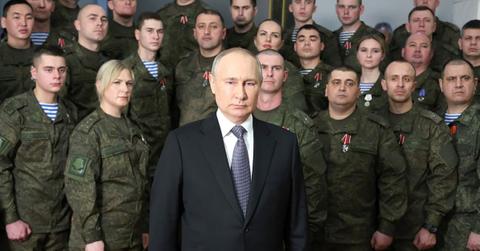
Aug. 5 2023, Published 5:45 p.m. ET
Russia's defense spending has taken a toll on the country's budget, with more than a third of government funds going towards military efforts, specifically President Vladimir Putin's invasion of Ukraine, RadarOnline.com has learned.
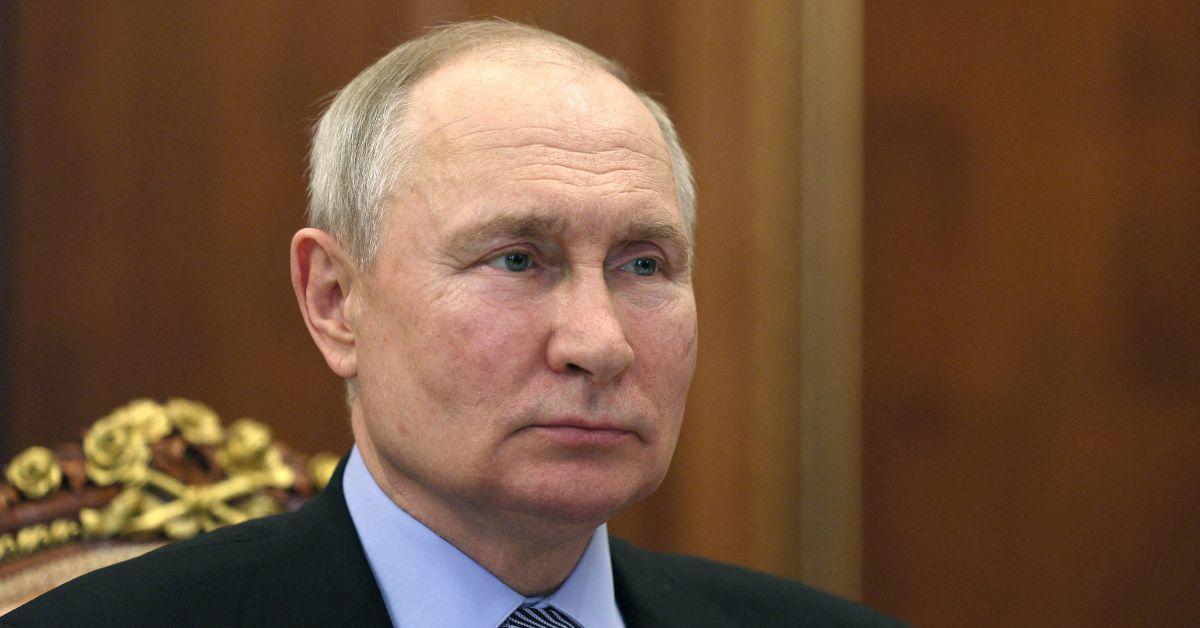
According to a government document obtained by Reuters, Moscow has raised its defense spending target for 2023 to over $100 billion, doubling the original estimate. One Russian economics expert believes the actual expenditure is even higher.
Figures show that defense spending in the first half of 2023 amounted to 5.59 trillion rubles ($58 billion), or 37.3 percent of the total 14.97 trillion rubles spent during that period.
Annual defense spending is estimated to reach 9.7 trillion rubles ($101 billion), accounting for a third of Russia's total spending target of 29.05 trillion rubles ($303 billion). This is the highest proportion of the country's budget spent on the military in at least the last decade.
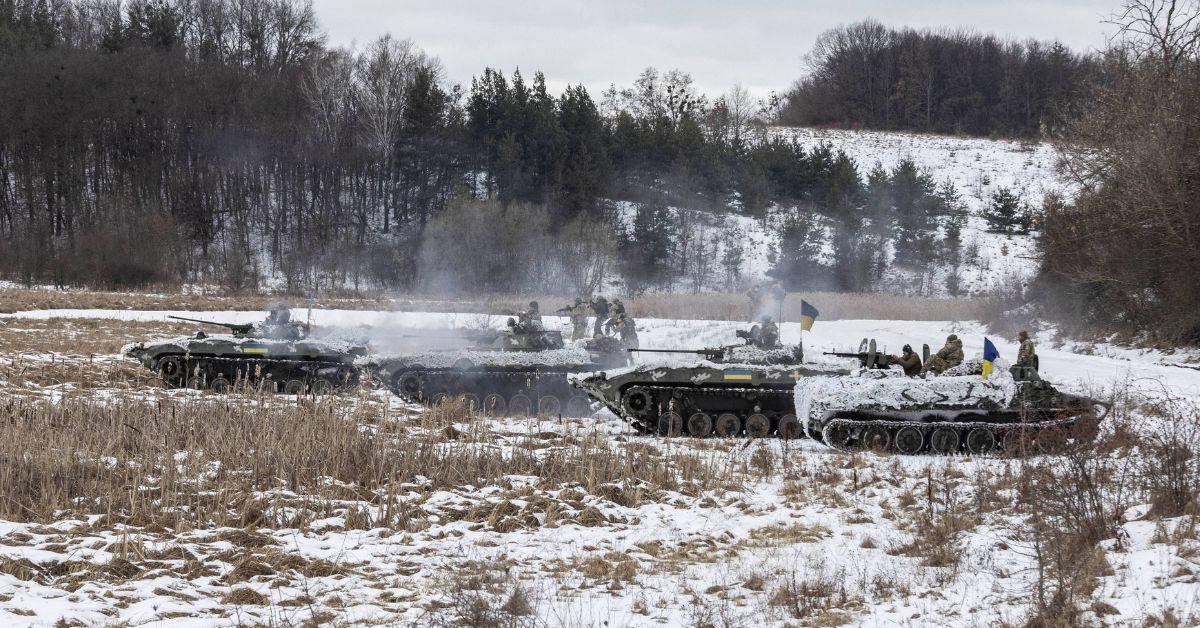
While the war in Ukraine has contributed to a boost in Russia's industrial production and modest economic recovery, it has also resulted in a budget deficit of around $28 billion, partially due to falling export revenues.
This deficit could further increase as Moscow continues to allocate more funds to defense. Additionally, increased output in the military sector could negatively impact other sectors and deter private investment.
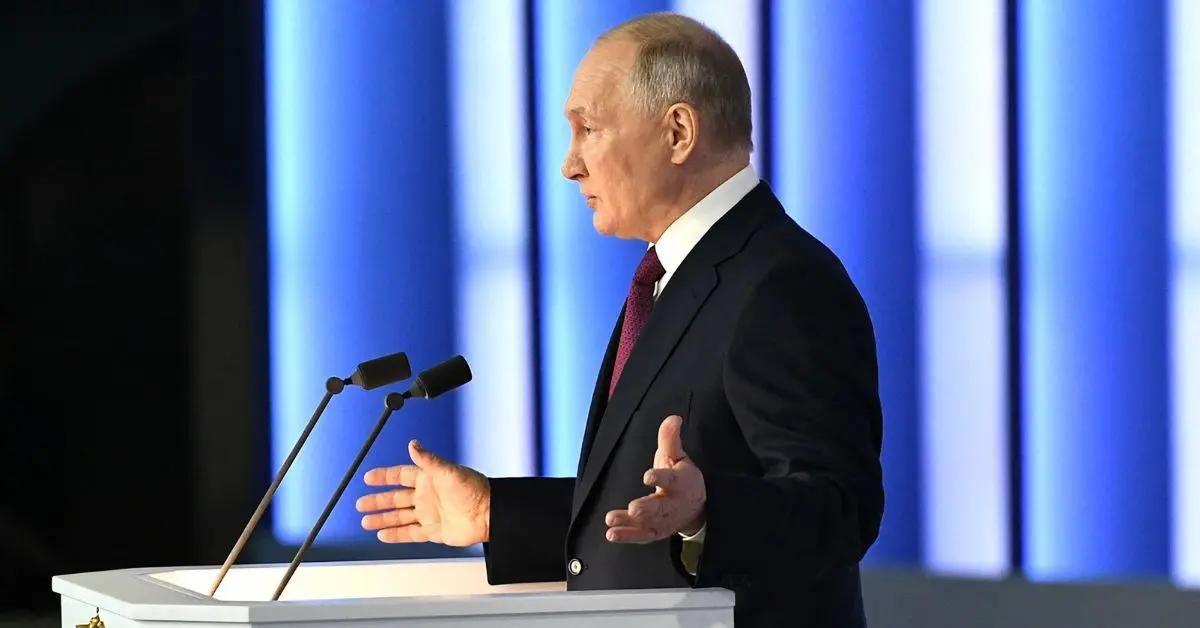
Russia's war expenditure includes not only military operations but also expenses related to the police, secret services, funds spent in occupied territories, and the costs of repairing destroyed cities.
The Russian military complex is working tirelessly to meet the army's demand for weapons and equipment, which has been a significant driver of economic growth. State and private military companies are offering high salaries to incentivize military personnel.
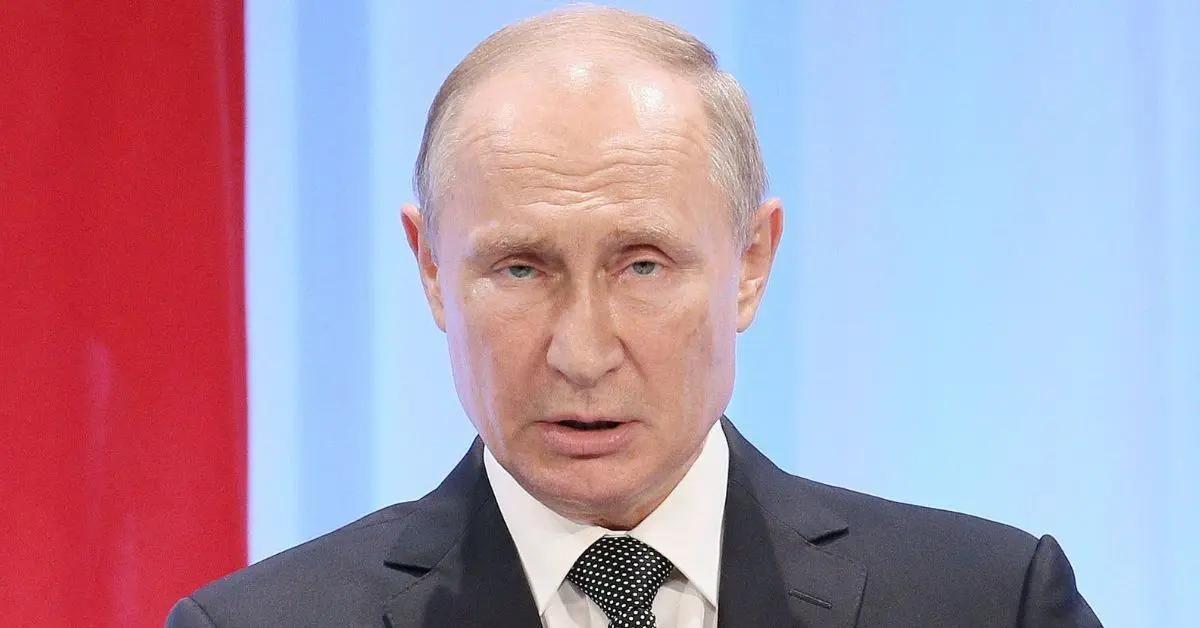
Russian citizens may face higher taxes to finance these endeavors, while large companies might be taxed more on their profits and required to co-finance private military units. Consequently, civic spending may be reduced.
The impact of the war, coupled with sanctions and troop mobilization, will be felt by Russian citizens leading up to Putin's expected re-election in 2024.
Powered by RedCircle

As RadarOnline.com previously reported, to supplement the military forces, the Russian parliament passed legislation increasing the maximum conscription age from 27 to 30.
A bill was also approved to enforce higher fines, up to 30,000 rubles ($315), for men who fail to report to an enlistment office after receiving a draft notice.
In an effort to prevent draft evasions, the government implemented a digital conscription system, making it harder for individuals to avoid military service. A new law now prohibits conscripts from leaving the country once they receive their summons.
Never miss a story — sign up for the RadarOnline.com newsletter to get your daily dose of dope. Daily. Breaking. Celebrity news. All free.


